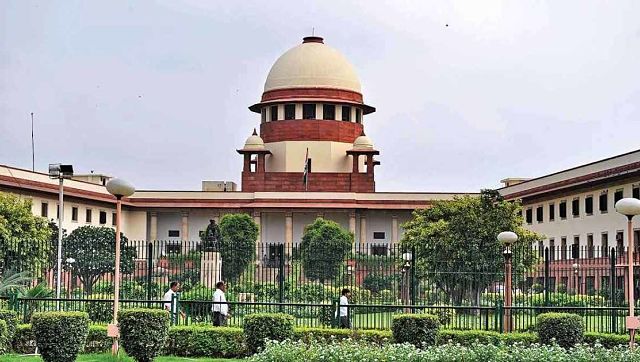)
Explained: What are electoral bonds and the case in the Supreme Court
FirstpostA Supreme Court bench has agreed to hear a PIL challenging laws permitting funding of political parties through the electoral bond scheme A Supreme Court bench has agreed to hear a PIL challenging laws permitting funding of political parties through the electoral bond scheme. Assuring an early listing, the CJI said, “If it was not for Covid …then I would have heard all of this.” Earlier, Bhushan had sought an urgent listing of the PIL from the apex court on October 4 last year seeking a direction to the Centre not to open any further window for sale of electoral bonds during the pendency of a case pertaining to funding of political parties and alleged lack of transparency in their accounts. Let’s take a look at what are electoral bonds and why Supreme Court has decided to hear a PIL against it: What are electoral bonds Electoral bonds were announced in the 2017 Union Budget as interest-free bearer instruments to anonymously donate money to political parties. The NGO, in its application filed in the pending petition, had claimed that there is a serious apprehension that any further sale of electoral bonds before the upcoming Assembly elections, including in West Bengal and Assam, would further “increase illegal and illicit funding of political parties through shell companies”. It had alleged that as per data on electoral bonds declared by political parties in their audit reports for 2017-18 and 2018-19, the “ruling party had received more than 60 per cent of total electoral bonds issued till date.” The application had claimed that so far more than Rs 6,500 crore worth of electoral bonds have been sold with the majority of donations going to the ruling party.
History of this topic

Supreme Court to hear plea to set up panel to probe into electoral bonds on July 22
India Today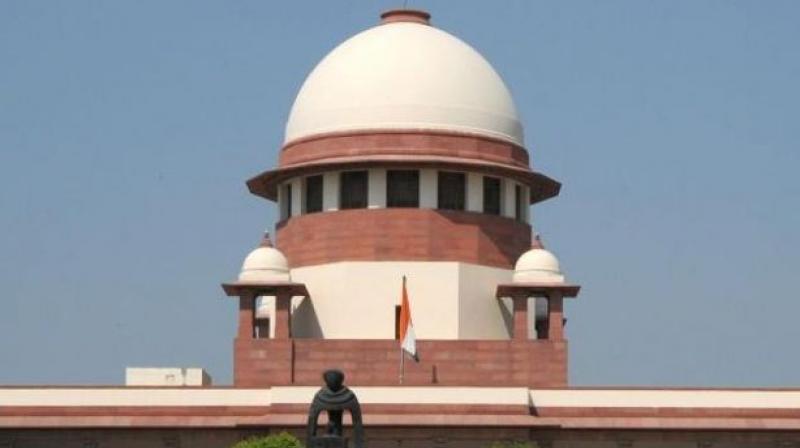
SC to Review PIL Seeking Probe into Electoral Bonds Scheme
Deccan Chronicle
Electoral bonds case: Do not nullify past transactions
Live Mint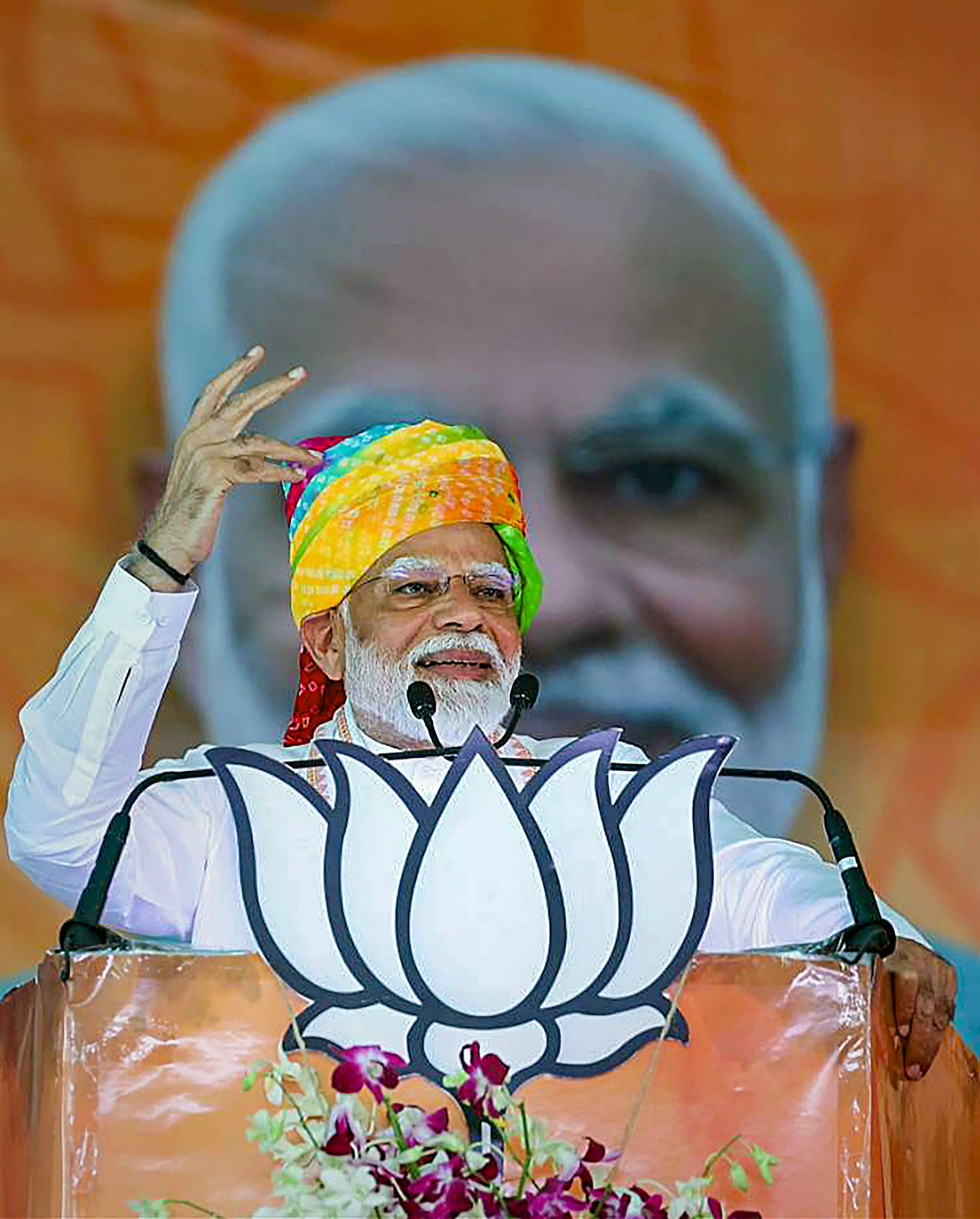
DC Edit | Poll bonds: Be transparent
Deccan Chronicle
Electoral bonds will be back after consultations: Finance Minister Nirmala Sitharaman
Hindustan Times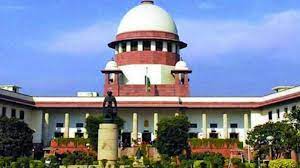
DC Edit | Only probe can establish facts of murky poll bond sales
Deccan Chronicle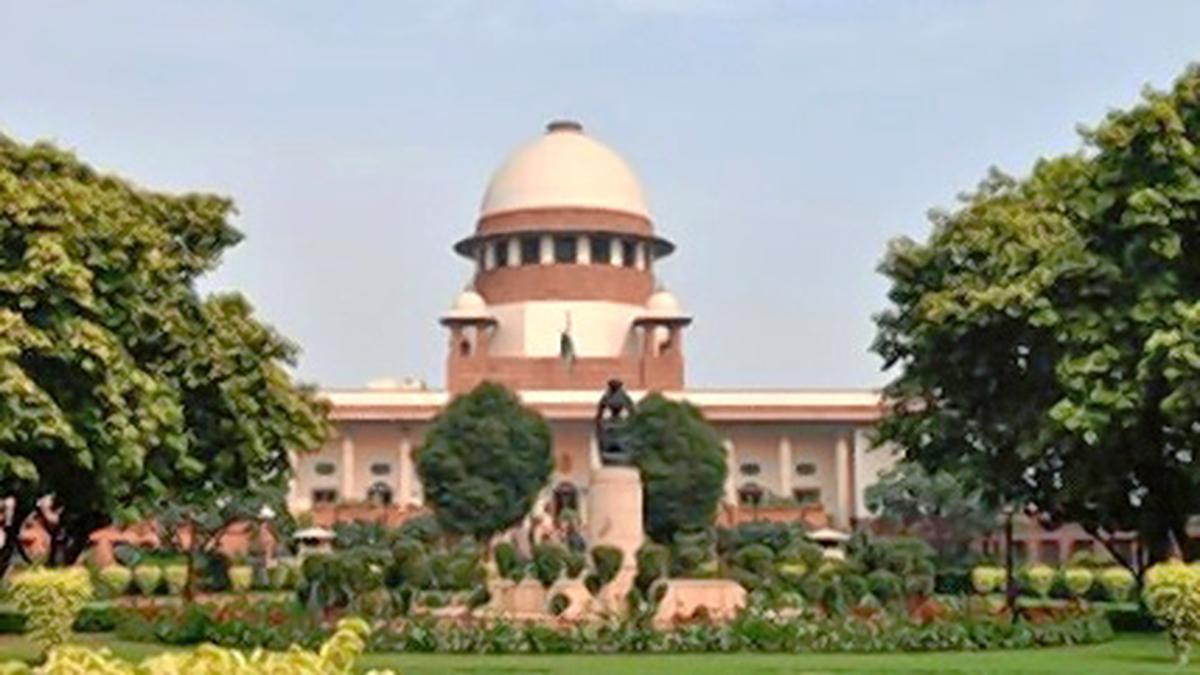
SC order on electoral bonds disclosure does not cover full details from March 2018
The Hindu
ECI uploads more data on bonds till November 2023
Hindustan Times
Bonded favours: The Hindu Editorial on the electoral bond scheme, sordid revelations
The Hindu
'voters Entitled To Know Who Funds Political Parties': Fresh Plea In SC Seeks Full Details From SBI
ABP News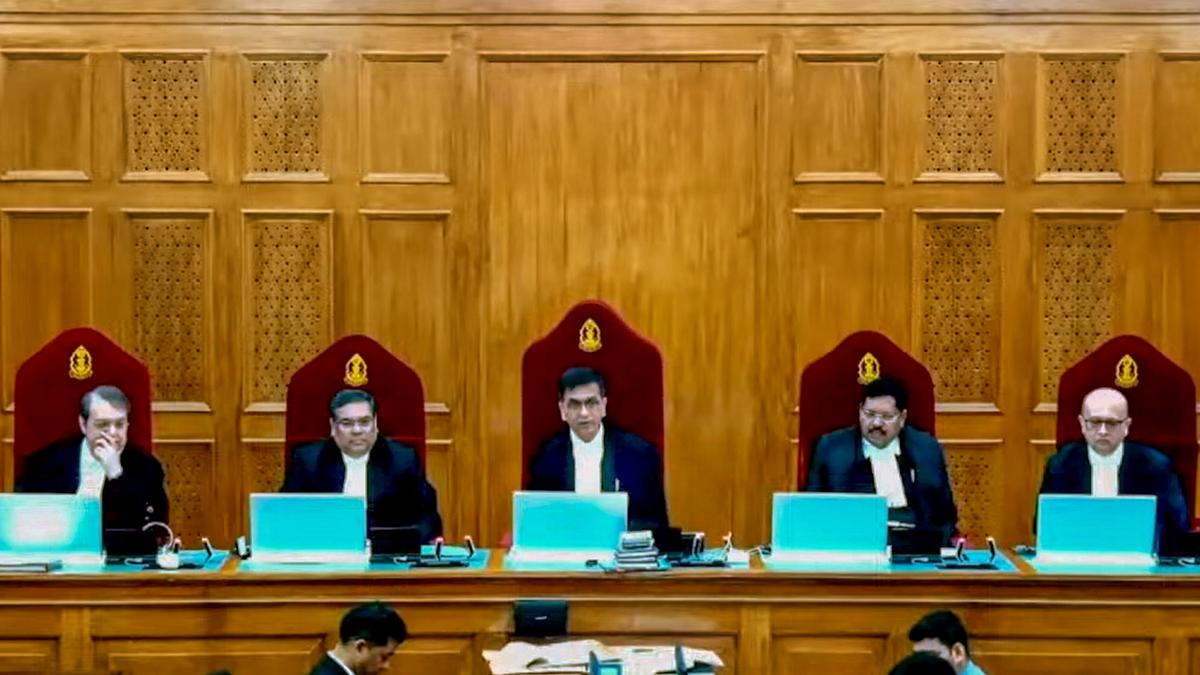
As some parties do not disclose donors, SC had sought their ‘detailed particulars’ in April 2019 order
The HinduElectoral Bonds Case: SBI files compliance affidavit in SC after sending electoral bonds details to EC
The Hindu
Follow SC for reforms in electoral funding
Hindustan Times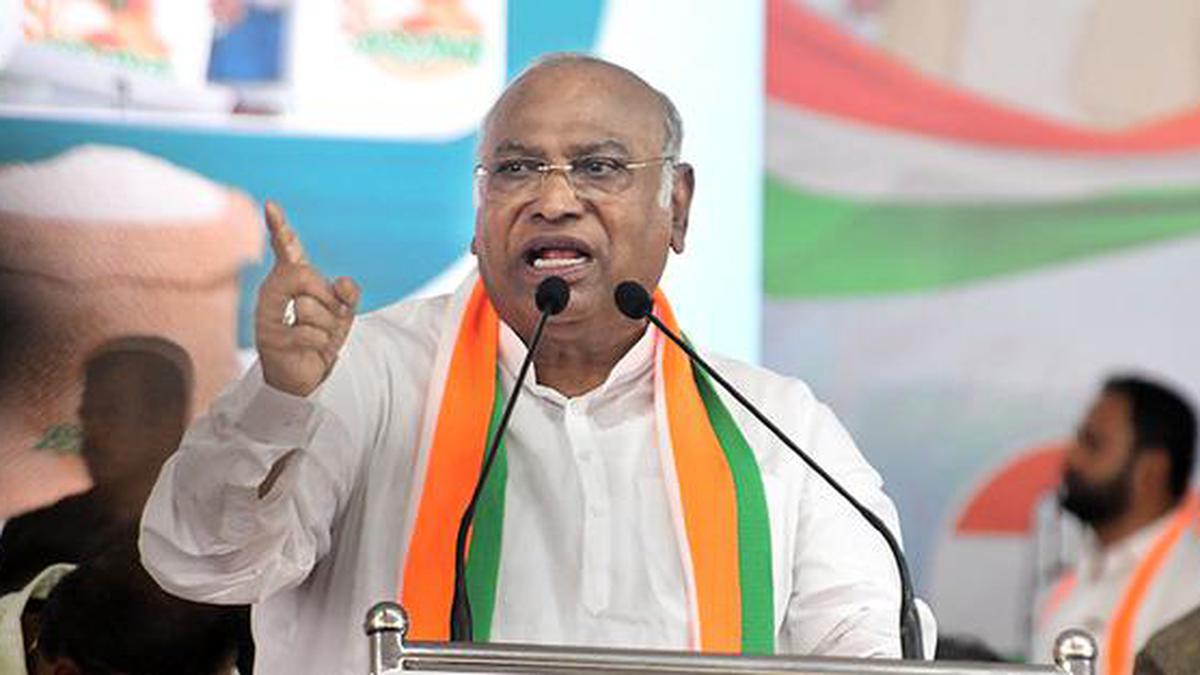
Electoral bonds scheme | Modi government using SBI as a “shield” to hide dubious deals: Kharge
The Hindu
Explainer | Ctrl + Delete: Electoral Bonds
New Indian Express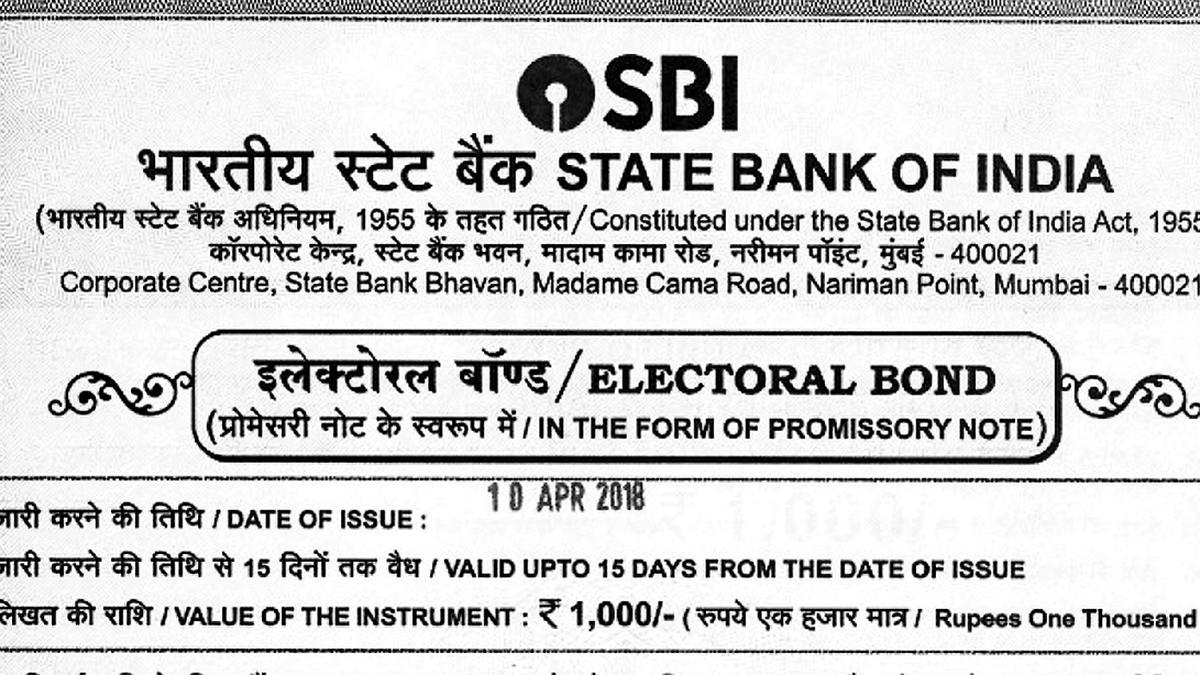
Making sense of electoral bond judgment through data
The Hindu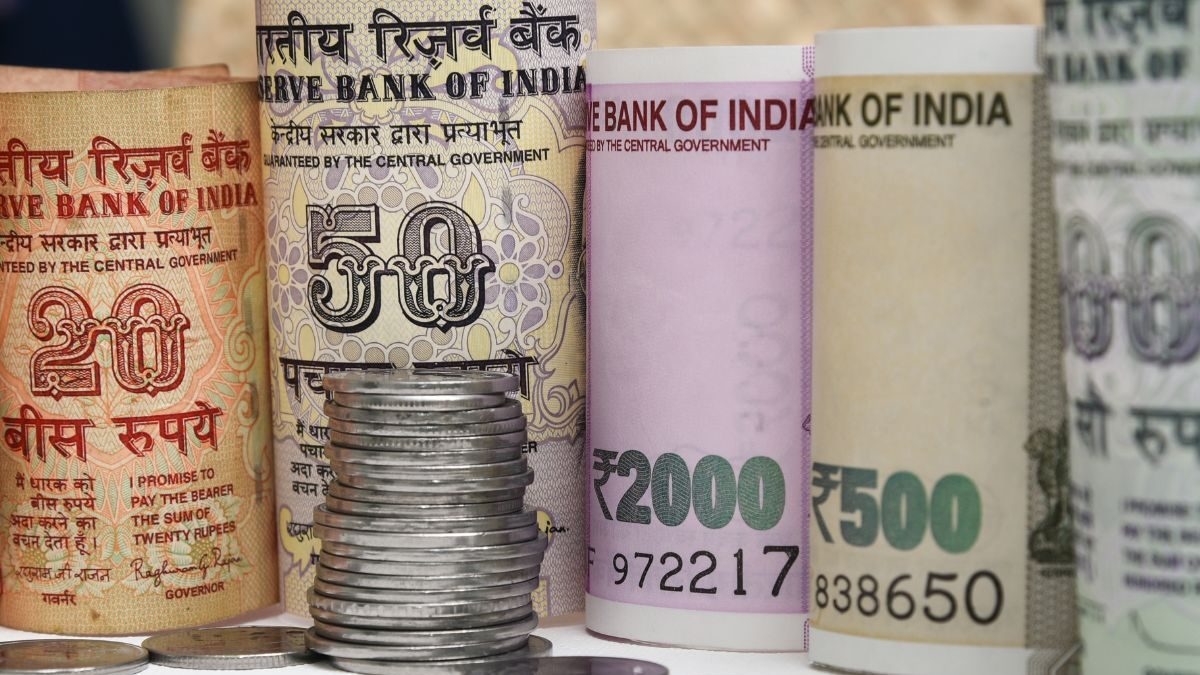
Electoral Bonds Junked: Will Taxpayers Be Able to Claim Tax Deductions for Political Donations This Fiscal?
News 18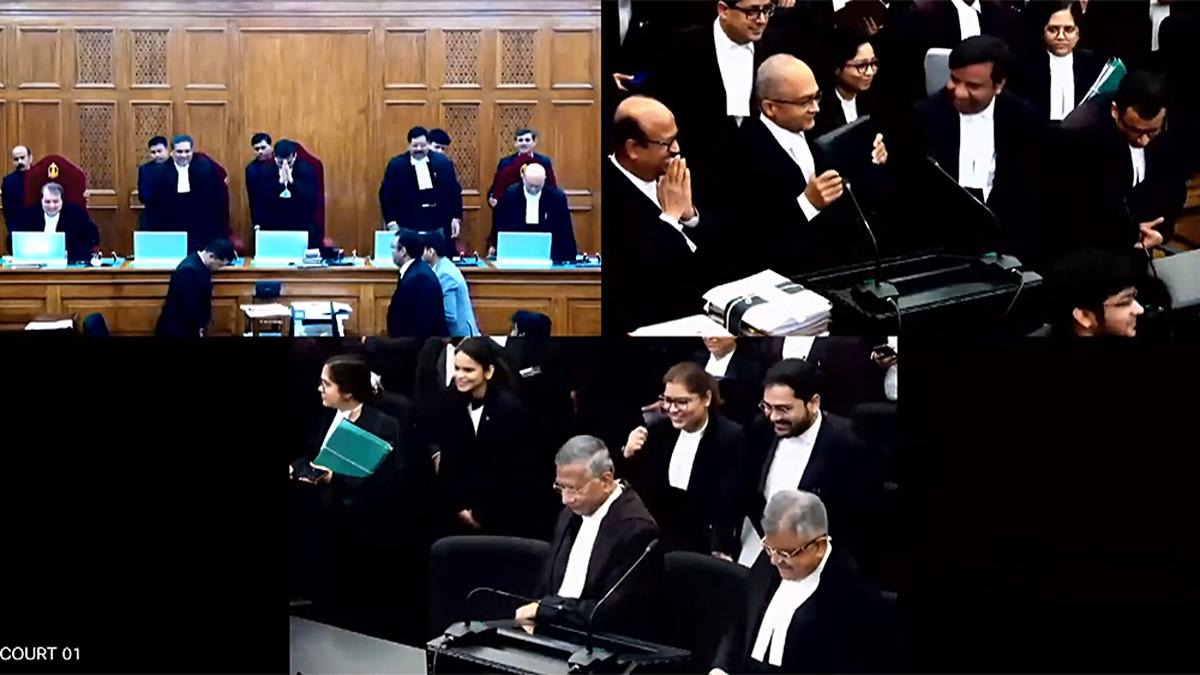
The Hindu Morning Digest, February 16, 2024
The Hindu
Ban on India’s electoral bonds: How will it affect 2024 election?
Al Jazeera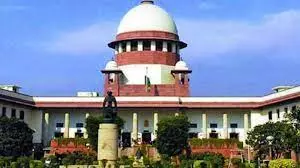
DC Edit | Electoral bond scheme was bound to fail test of probity
Deccan Chronicle
Supreme Court scraps electoral bonds
Hindustan Times
As Supreme Court Strikes Down ‘Unconstitutional’ Electoral Bonds, Here’s What It Means for Parties Ahead of 2024 Battle
News 18)
‘Quid pro quo...’: What SC said while declaring electoral bonds ‘unconstitutional’
Firstpost
Electoral bonds: Why did Supreme Court strike down poll funding scheme? Landmark verdict in 10 points
Hindustan Times
Electoral bonds scheme 'unconstitutional’: Supreme Court strikes down poll funding system
Hindustan Times
What are electoral bonds? Did they give BJP an unfair advantage?
Hindustan Times
Electoral bonds verdict Highlight: Supreme Court deems scheme ‘violative of RTI’
Hindustan Times
India’s Supreme Court scraps electoral bonds, calls them ‘unconstitutional’
Al Jazeera
Supreme Court To Deliver Judgment On Validity Of Electoral Bonds Tomorrow
Live Law
Supreme Court to deliver verdict on pleas challenging electoral bonds today
India Today
Political parties send details of electoral bonds to Election Commission
Hindustan Times
Decoding the Opposition to Electoral Bonds & How Centre is Defending Its Scheme - News18
News 18![Electoral Bonds Put A Premium On Opacity, Have Serious Deficiencies; Do It In A Proportional Manner: Supreme Court Tells Union [Day 3]](https://www.livelaw.in/h-upload/2023/11/01/501293-electoral-bond-scheme-apex-court-concerns-over-its-lacks-of-transparency.jpg)
Electoral Bonds Put A Premium On Opacity, Have Serious Deficiencies; Do It In A Proportional Manner: Supreme Court Tells Union [Day 3]
Live Law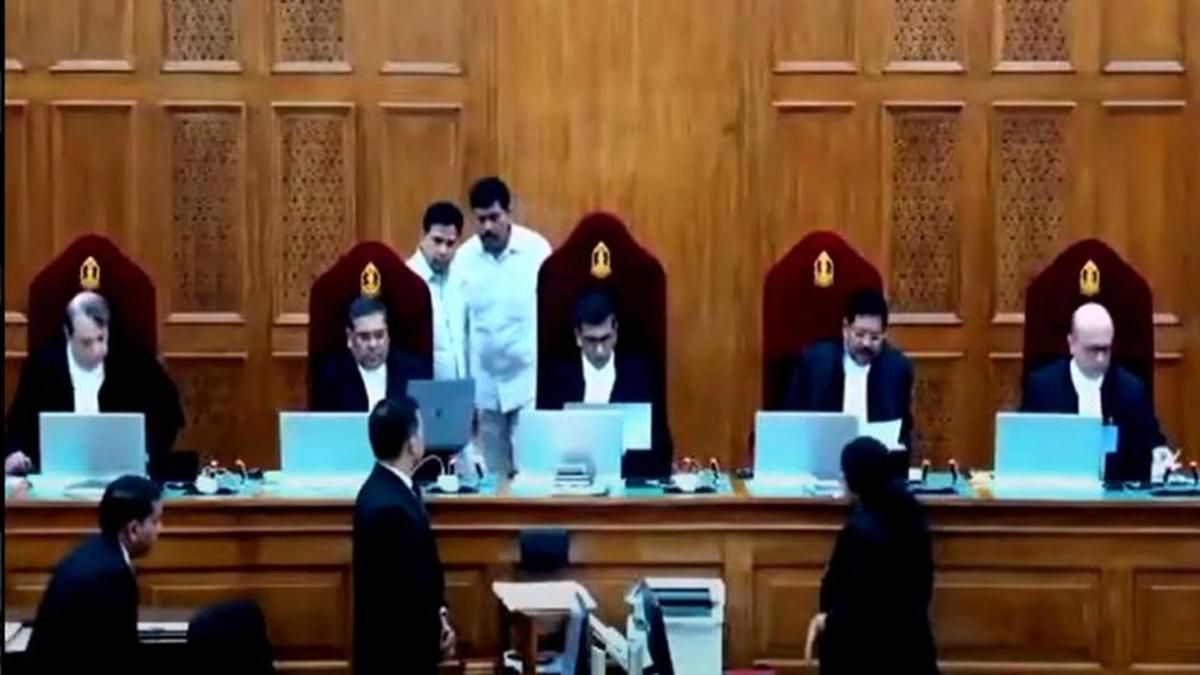
Supreme Court reserves verdict in the challenge to the electoral bonds scheme
The Hindu
Centre has no access to details of donors of electoral bonds: SG Mehta to Supreme Court
Hindustan Times
Electoral bonds fail to provide a level playing field: Supreme court
Hindustan Times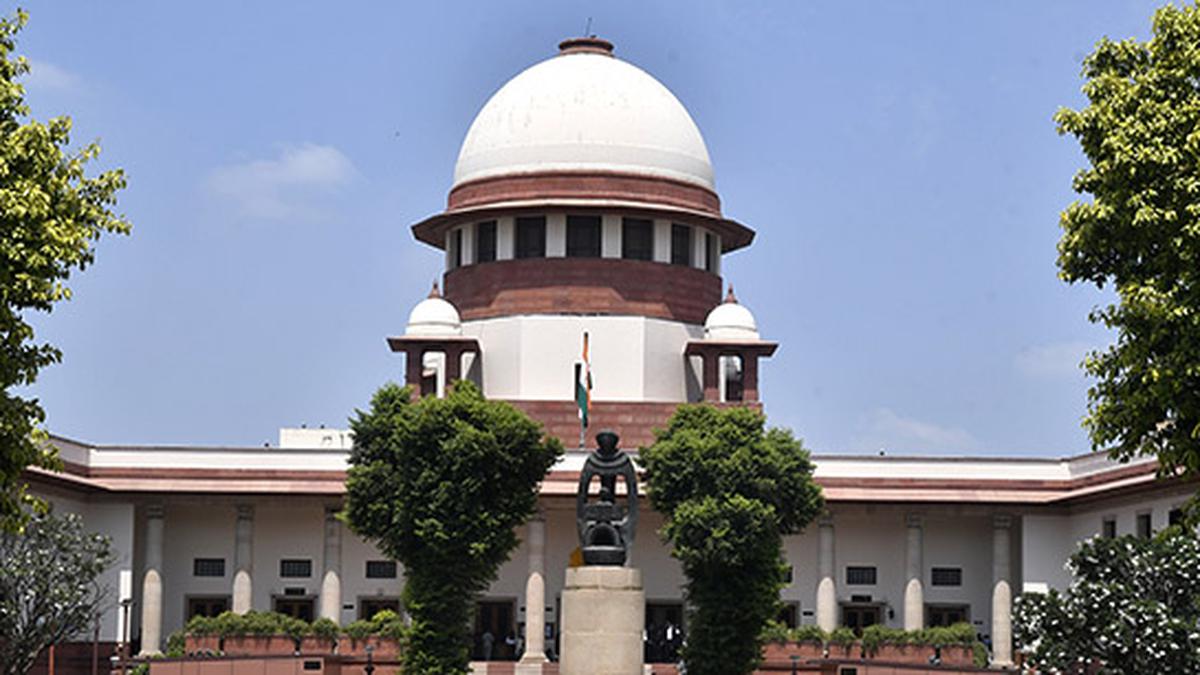
Selective confidentiality in electoral bonds scheme may not prevent ruling party from knowing about Opposition donors: SC
The Hindu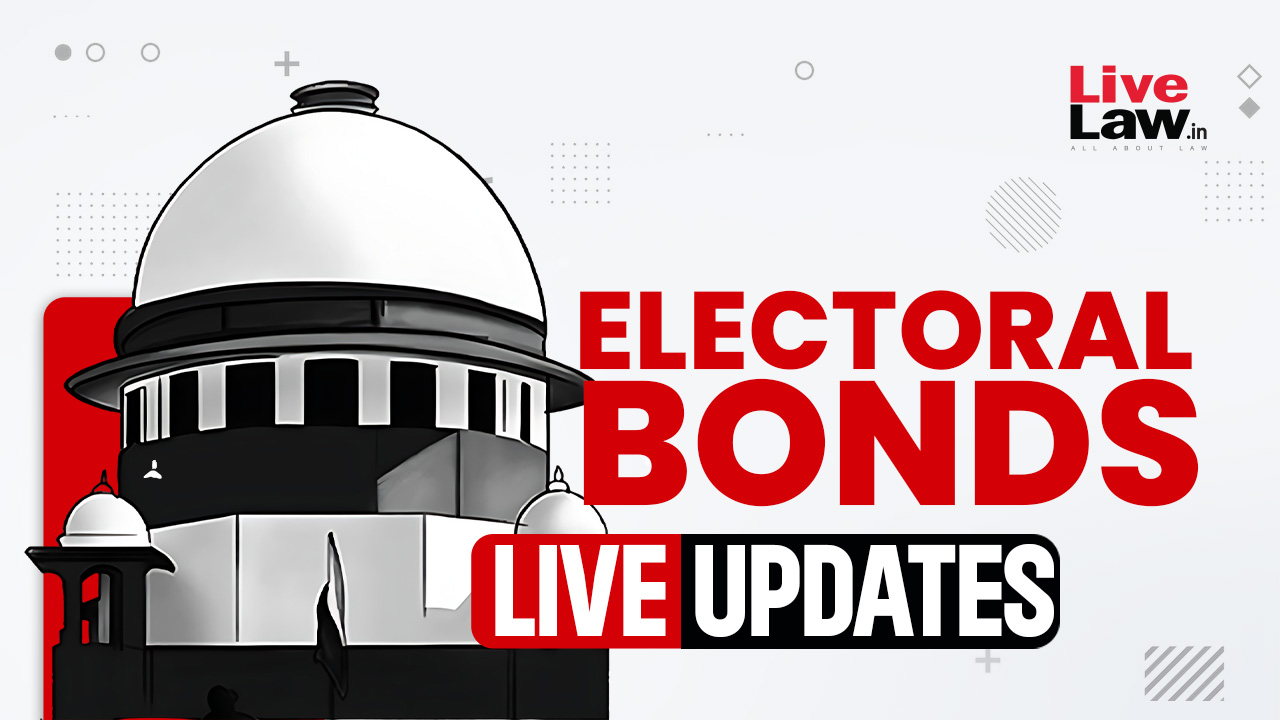
Electoral Bonds Case Hearing : Live Updates From Supreme Court
Live Law
Electoral Bonds Case Hearing : Live Updates From Supreme Court
Live Law
Electoral Bonds Case Hearing : Live Updates From Supreme Court
Live Law
Electoral Bonds Case Hearing : Live Updates From Supreme Court
Live Law
Electoral Bonds Case Hearing : Live Updates From Supreme Court
Live Law
Electoral Bonds Case Hearing : Live Updates From Supreme Court
Live Law
Electoral Bonds Case Hearing : Live Updates From Supreme Court
Live Law
Electoral Bonds Case Hearing : Live Updates From Supreme Court
Live Law
Electoral Bonds Case Hearing : Live Updates From Supreme Court
Live Law
Electoral bonds compromise people's right to be informed: Supreme Court told
India Today
Mint Explainer: Demystifying the electoral bonds scheme
Live Mint)
SC refers to 5-judge bench pleas challenging electoral bond scheme for political funding
FirstpostSupreme Court refers electoral bonds case to 5-judge Constitution Bench, to start hearing on Oct. 31
The HinduDiscover Related


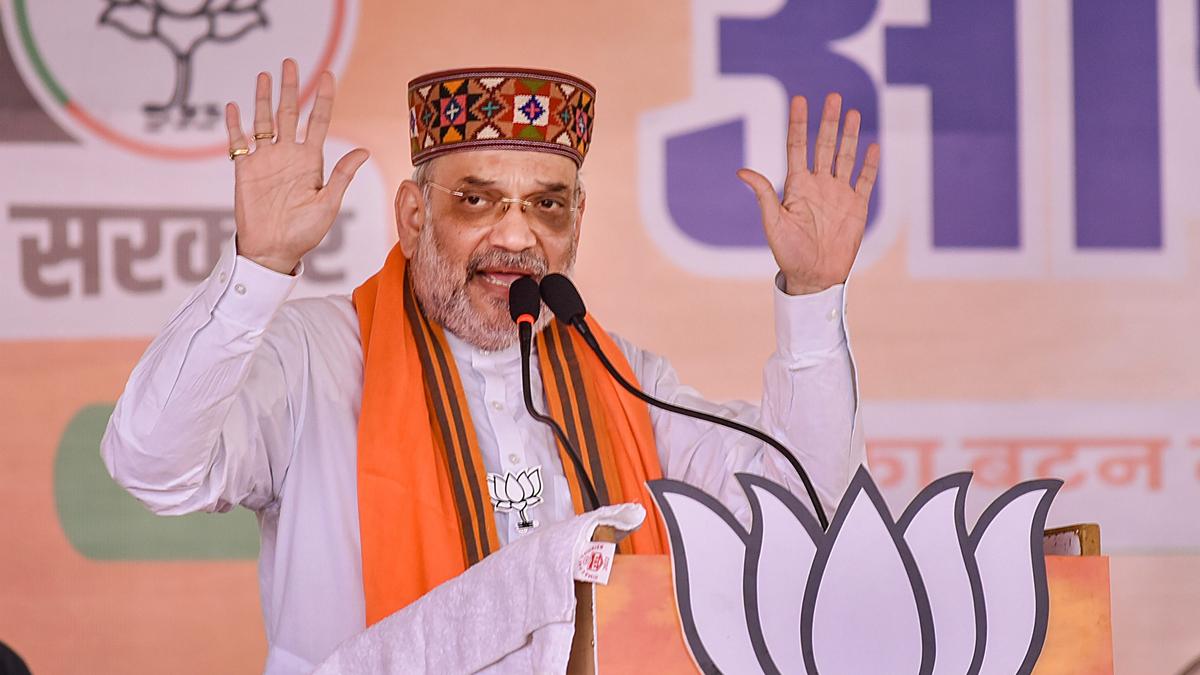
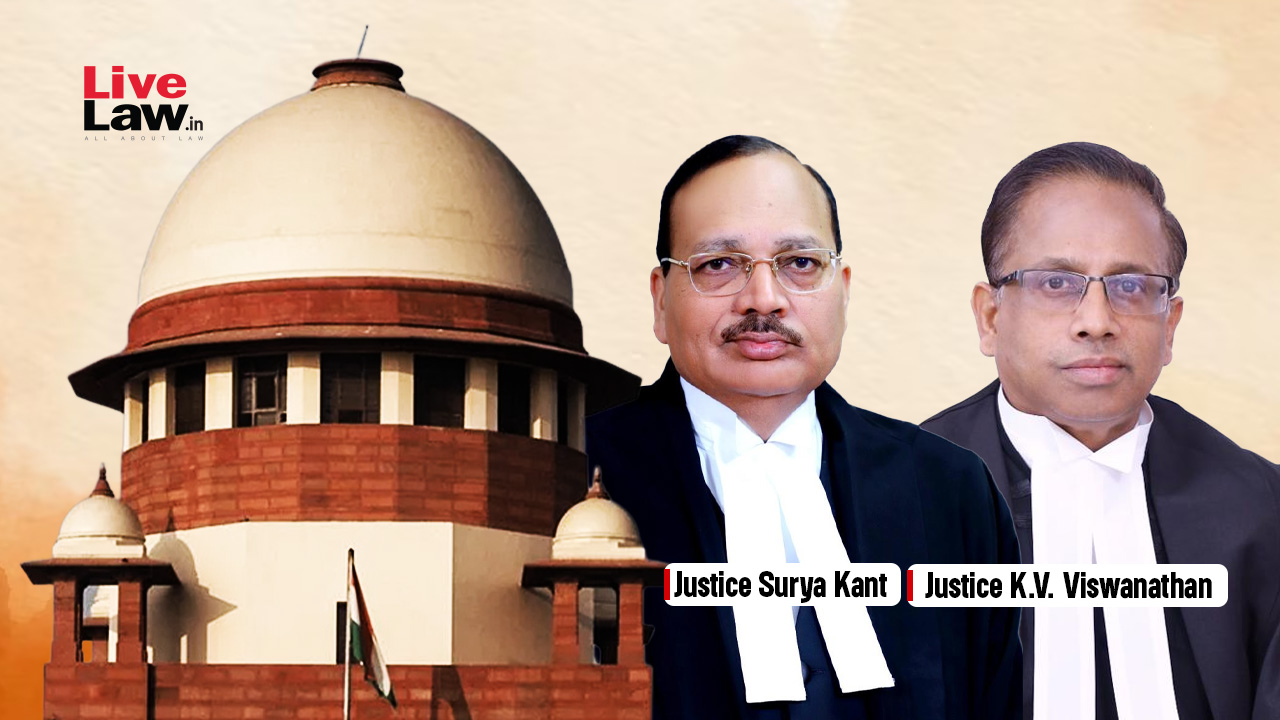





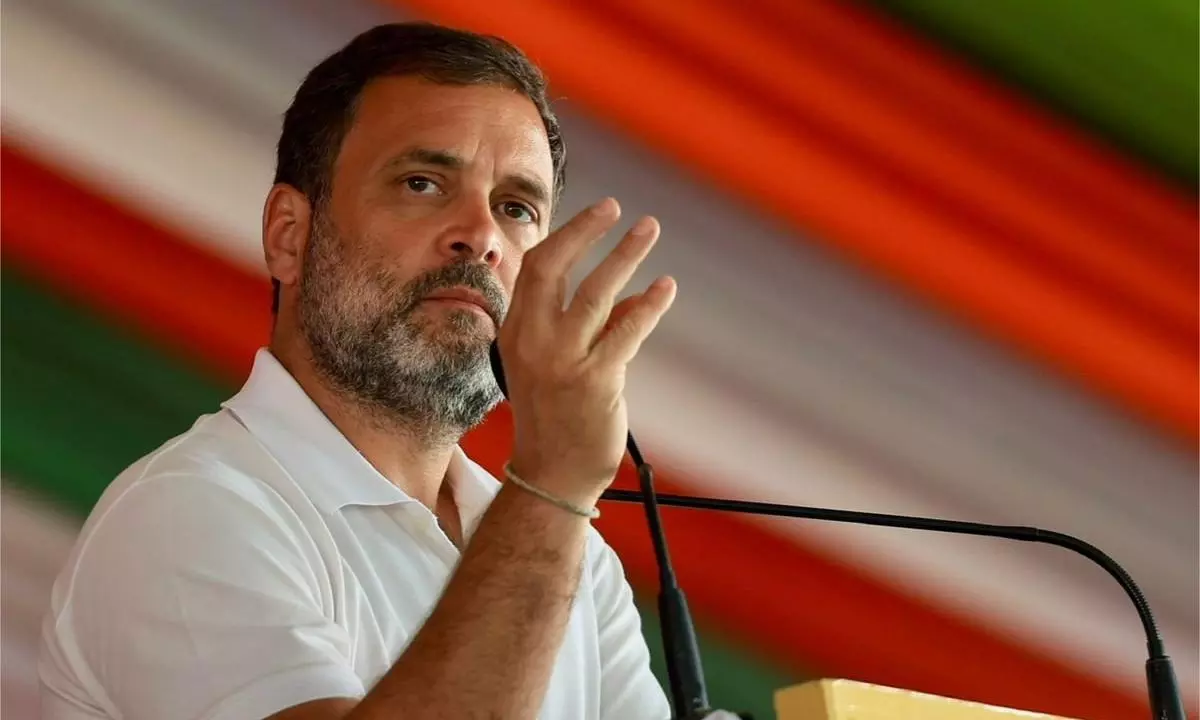


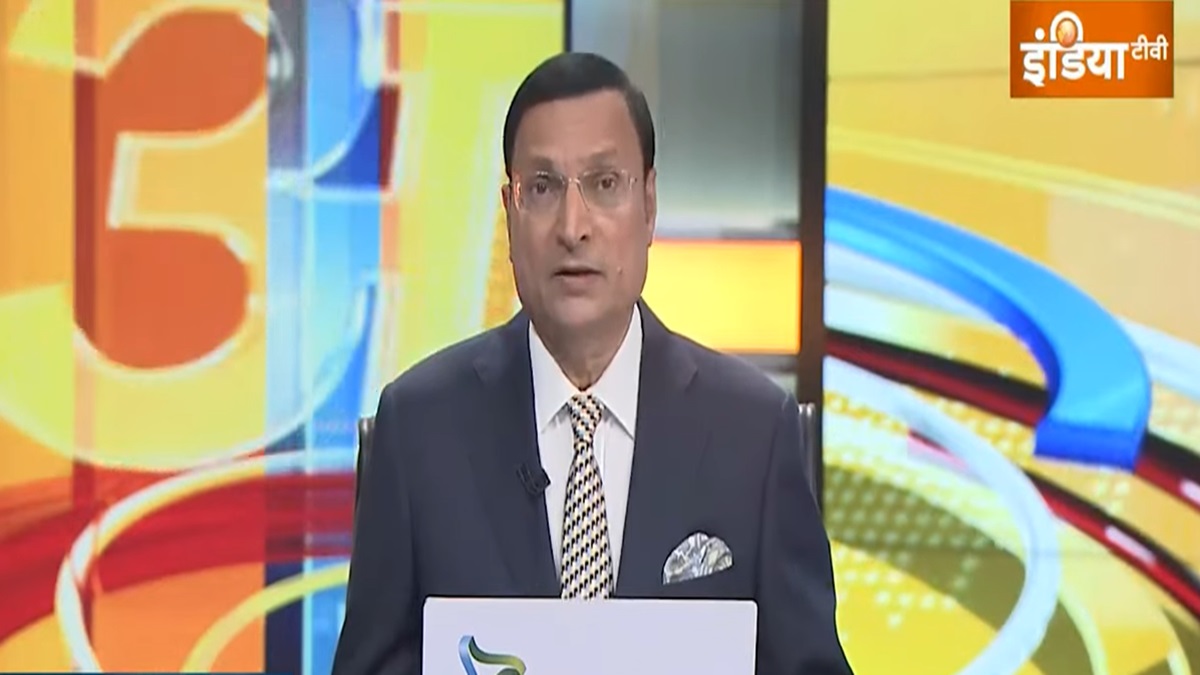
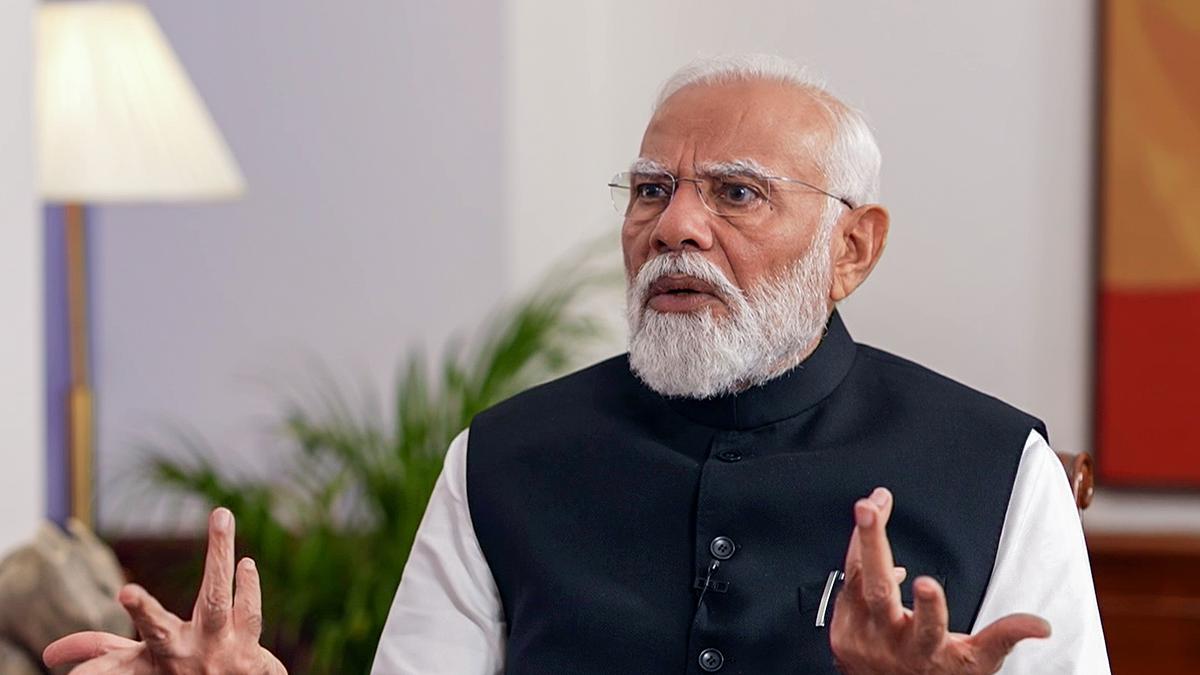

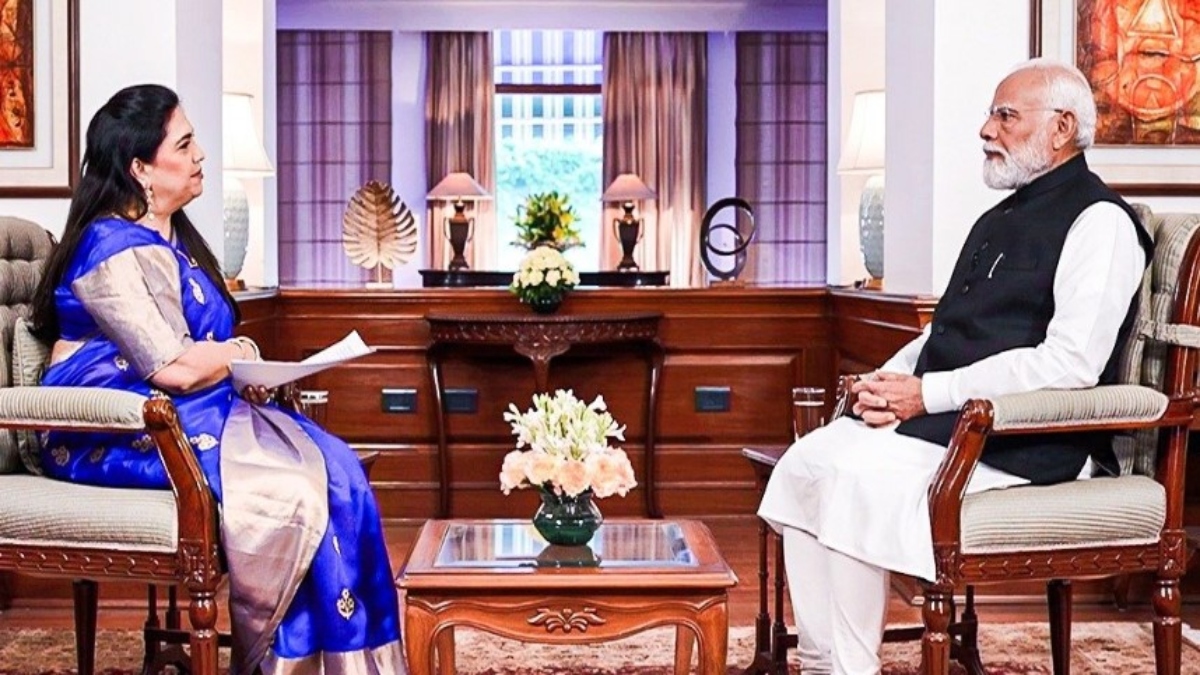




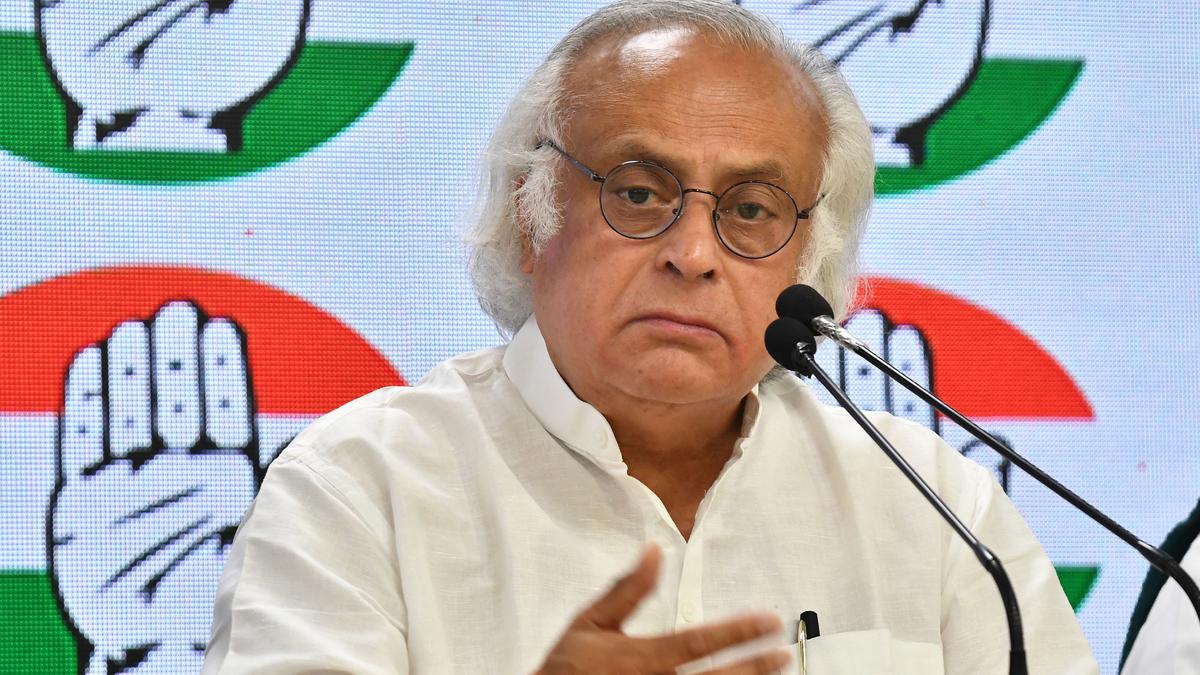






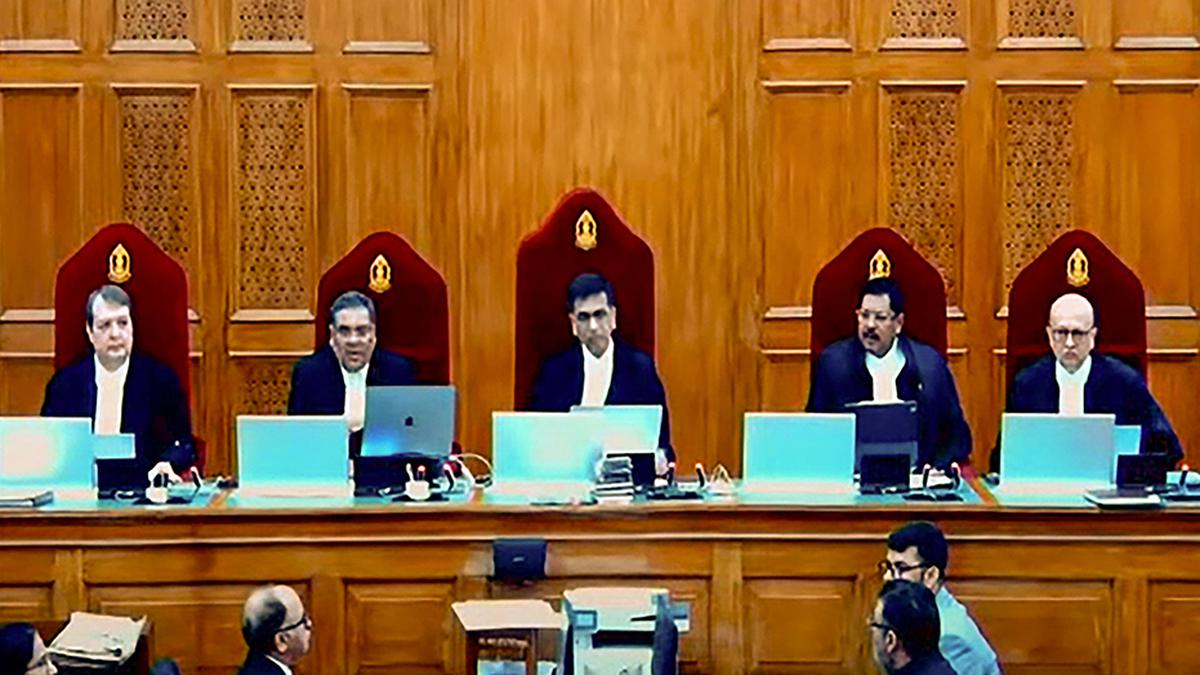







)





)